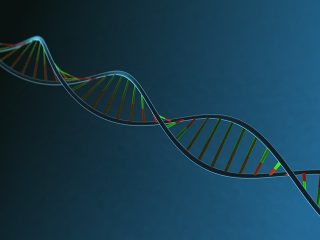Green Dreams
October 10, 2010Science Saved My Soul
November 4, 2010An interesting statement in a recent post in The Scientist on human embryonic stem cell (“ESC”) rules in the USA: “Other countries have laws that provide researchers with legal and moral clarity.”
The assumption that laws can provide any kind of “moral clarity” is a fascinating one. In terms of cause and effect, laws follow from morality. But they cannot themselves providemoral clarity. They merely tell you what you can’t do. And unfortunately, in this day and age, where it is believed that it is right and proper to pass laws about anything that a loud enough pressure group objects to, the last things our laws provide is anything moral, let alone clarity.
It is philosophy that determines ethics and provides guidance on moral clarity. That modern philosophy isn’t up to the job is a pretty strong damnation of the field.
Stem cell research is a case in point. If anything, The Scientist’s story does indicate the link between morality and law: the laws discussed are as confused as the morality. And this quote probably encapsulates the whole confusion: “James A. Thomson, who first derived ESCs from embryos, has said ‘if human embryonic stem cell research does not make you at least a little bit uncomfortable, you have not thought about it enough.’”
I say the opposite: if human embryonic stem cell research does make you even a little bit uncomfortable – then you haven’t thought about it deeply enough. For the reasons, see Cloning Around: The Ethics of Human Cloning & Stem Cell Research.




